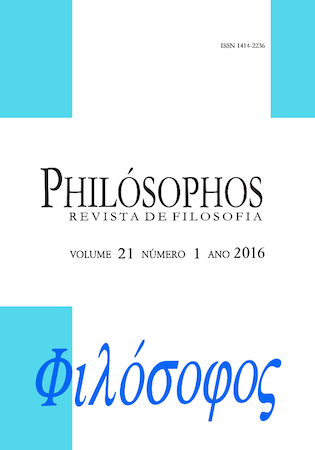GIORGIO AGAMBEN AND WOMEN'S EMANCIPATION
DOI:
https://doi.org/10.5216/phi.v21i1.38823Keywords:
Giorgio Agamben, emancipation, gender, Nancy Fraser, Seyla Benhabib.Abstract
This paper investigates whether and to what extent Giorgio Agamben's political theory offers theoretical resources to reflect on the issue of the emancipation of women in contemporary capitalist democracies. My goal is to investigate whether the Estate of Exception theory helps us to think about gender subjugation, which causes the constraint of women's participation in public life, their economic marginalization and cultural domination. I intend to suggest that this theory is internally blocked to deal with the gender issue, which is mainly due to its diagnosis of contemporary democracies based on an excessive focus on government machinery and dominant institutions and the related negligence of civil society, its specific demands, its struggles and effective achievements. I also intend to question if this diagnosis would suggest that women's achievements, since the end of the nineteenth century, are illusory or not significant.Downloads
Downloads
Published
How to Cite
Issue
Section
License
Authors who publish in this journal agree to the following terms:
- Authors retain copyright and grant the journal right of first publication, with the work simultaneously licensed under a Creative Commons Attribution License that allows others to share the work with an acknowledgement of the work's authorship and initial publication in this journal.
- Authors are authorized to enter into separate, additional contractual arrangements for the non-exclusive distribution of the journal's published version of the work (e.g., publishing in an institutional repository or as a book chapter), with an acknowledgement of its authorship and initial publication in this journal.















